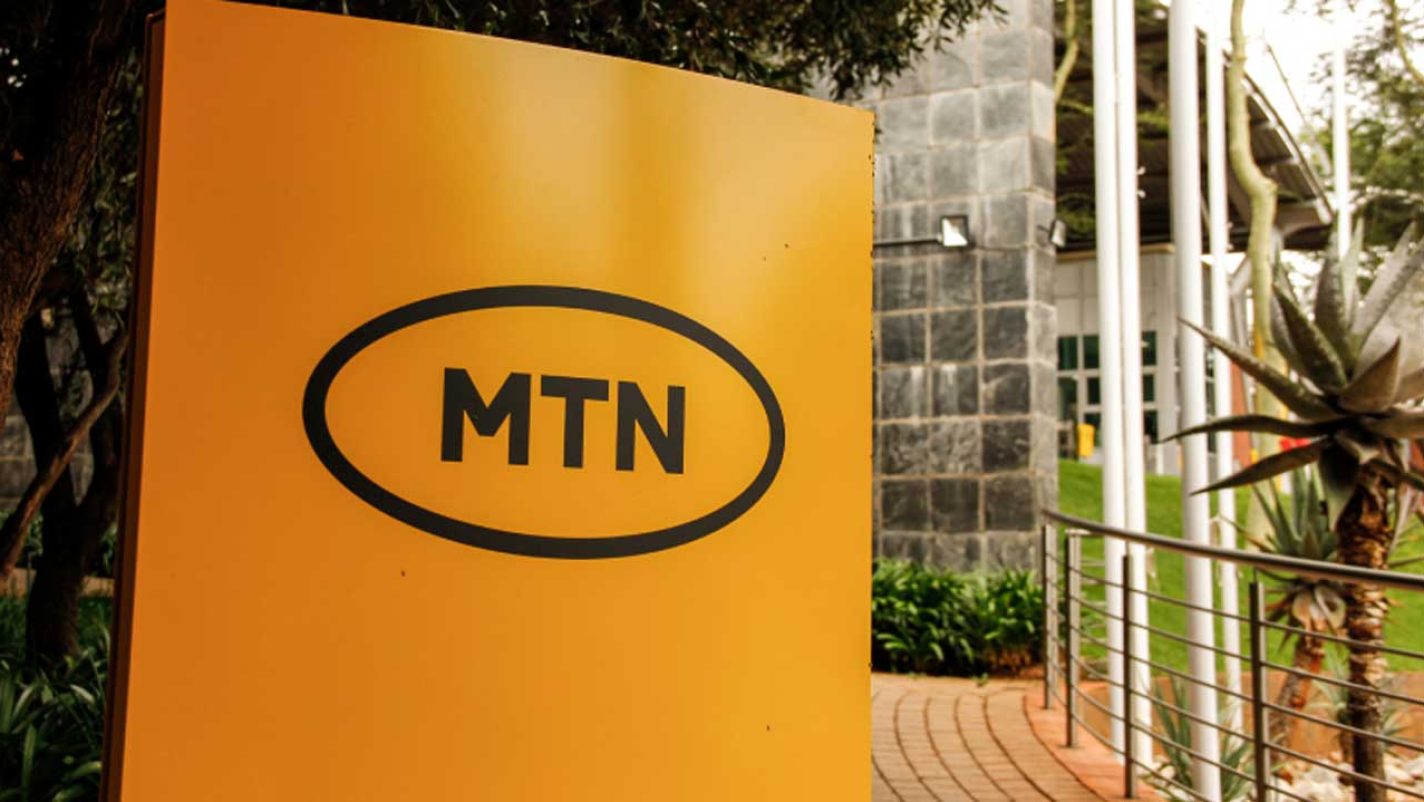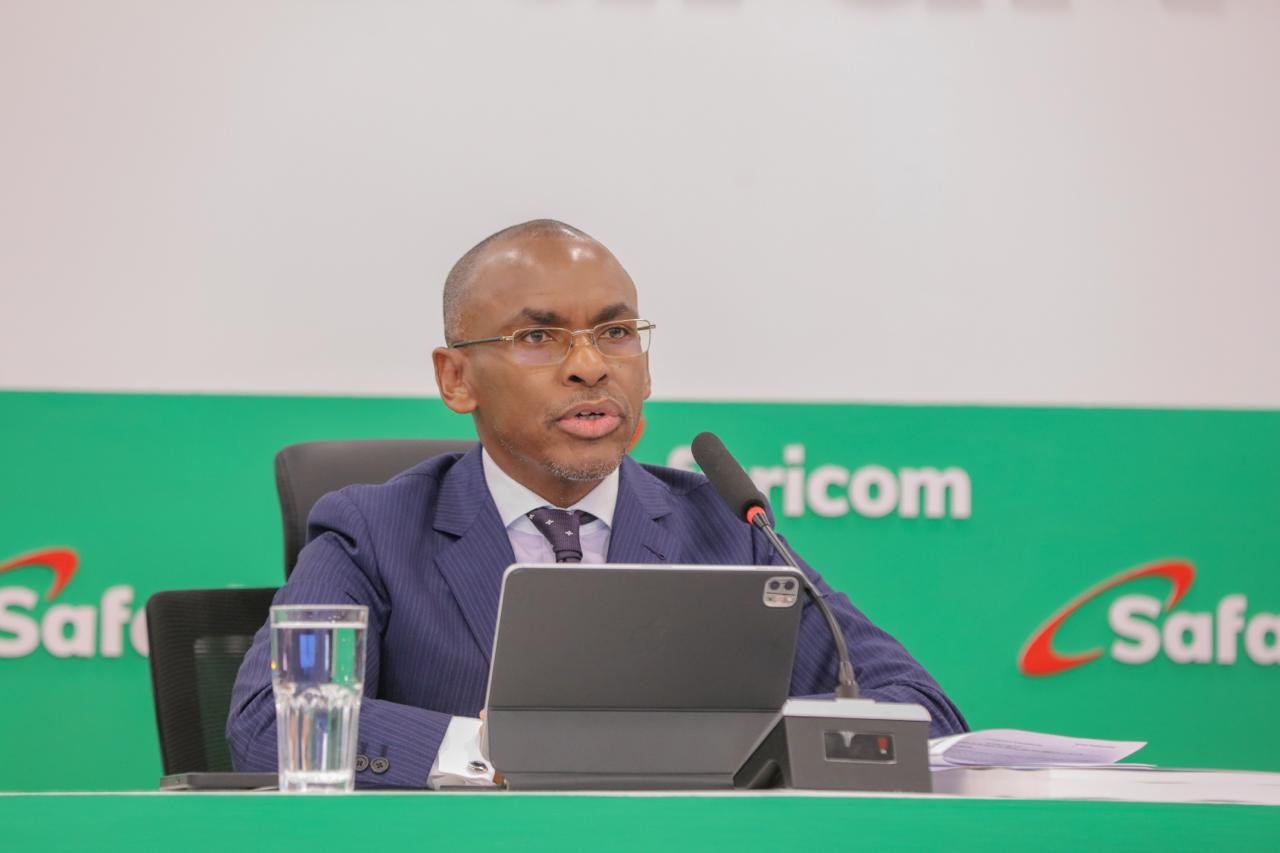

Good morning. 
We’re basically South African today.
Three out of four stories in today’s TC Daily edition come from the southern tip of the continent. We’re still proudly pan-African, but today, South Africa is driving the headlines.
Let’s dive in.

Companies
South Africans will earn $0.17 per share on MTN’s BEE scheme

Few countries are as stringent as South Africa when it comes to the Black Economic Empowerment (BEE) scheme. For more than 20 years, the policy, designed to increase participation of blacks and people of colour in the country’s economy, has defined who freely operates—and who does not—across different sectors.
In telecoms, South Africa mandates companies, especially foreign players, to give up 30% ownership in their local business to operate in the country. But when that started a kerfuffle among players, South Africa brought an alternative. If companies didn’t want to give up their stakes, then they had to invest in the country’s economy by providing opportunities for locals—and this even included homegrown companies.
MTN, South Africa’s largest telecom company, has complied with this alternative through its Zakhele Futhi (MTNZF) Fund, which launched in 2016. It allowed locals to hold shares in the company. But nine years later, the scheme is wrapping up and paying out. From July 28, 2025, shareholders will receive their original investment of $1.10 per share with an extra $0.11–$0.17 as ‘modest gains.’
MTN has other BEE efforts, like the earlier MTN Zakhele, which was launched in 2010 and had stronger returns (R77 per share) when it ended in 2016.
Why is MTNZF paying so little this time? The market was volatile. The scheme should have shut down earlier due to poor performance, but MTN’s share price was too low in 2024 to repay investors fairly, so it stayed open. In 2025, things improved; MTN paid off its debts and set aside funds to repay investors.
Now, the scheme is winding down. Once the fund finally settles investors, MTN plans to shut it down and delist it from the Johannesburg Stock Exchange (JSE) where it is currently listed. In its final act, the MTNZF could bring joy to faces, and perhaps, another scheme could be on the cards.
Paying 2% or more on every transaction adds up fast.

For businesses in e-commerce, logistics, travel, fintech, and more, every naira counts. Fincra helps you save more with 1% NGN fees capped at ₦300. Ideal for high-value or high-volume transactions. Get started for free with just your email address!
Telecoms
Safaricom CEO Peter Ndegwa buys more shares in the telecom company

Safaricom’s CEO Peter Ndegwa has increased his stake in Kenya’s telecom giant by 40%. At Tuesday’s closing price of $0.20 (KES 25.60) per share, Ndegwa’s 8.7 million shares are now worth around $1.72 million (KES 222.72 million).
Why does it matter? 8.7 million shares is a significant jump from the 895,000 Ndegwa held in 2021. When company executives like Ndegwa, who’s also Safaricom’s board chairman, bullishly cop large volumes of shares, it indicates that they believe their stock is undervalued and likely to increase in value.
Safaricom may not be every investor’s cup of tea, especially after recent Ethiopia losses, but this could be a strong signal to retail investors that growth lies ahead for the telecom giant—or this could just be irrational optimism; it’s hard to tell, or even bet against a Safaricom.
ICYMI: Ndegwa has steadily grown his stake in the company through additional purchases and the telecom’s Employee Performance Share Award Plan (EPSAP), an incentive scheme that grants stock at no cost to high-performing employees.
State of play: In March 2025, he received $349,955 worth of shares as part of his $2.2 million pay package. This has further cemented his position as the highest-paid CEO among publicly-listed companies in Kenya. This year, Safaricom CFO Dilip Pal also increased his holding by 65%, now owning 2.2 million shares valued at approximately $435,647.
The big picture: The increase in executive shareholding comes at a time when Safaricom’s earnings continue to recover. The telecom firm posted an 11% increase in net profit to $540 million. This growth is primarily attributed to a strong growth in data services and mobile money, alongside reduced losses in its Ethiopia expansion plans.
Paga Engine powers the boldest ideas in Africa

“Across various use cases and industries, Paga Engine provides reliable rails for your business needs to run smoothly and grow sustainably.” – Tayo Oviosu. Read the full article.
Mobility
Chery’s iCAUR electric cars will ride on South African roads in 2026

There’s no doubting it anymore; South Africa may just be the undisputed destination for electric vehicle (EV) brands.
Yesterday, Chery, a Chinese car maker, announced that it will launch iCAUR, its EV sport cars, in South Africa by Q1 2026.
State of play: The move cements South Africa’s status as the continent’s leading EV market. In Q1 2024 alone, EV sales jumped by over 80% year-on-year, while the government began rolling out new tax incentives to attract foreign manufacturers. Chery’s iCAUR will debut with the iCar 03 and iCar V23, available as both battery-powered electric vehicles (BEVs) and range-extender hybrids. Both are targeted at younger, urban buyers, with a bold, lifestyle-forward design.
Between the lines: Chery is not betting blindly. South Africans are warming up to EVs, with policy support and infrastructure development helping shift consumer habits. Chery will open 15 dedicated iCAUR dealership lots in major metropolitan cities, giving it an advantage over newer entrants. Though pricing will exceed iCAUR’s Chinese prices due to duties, the iCar 03 is likely to undercut many competitors in the compact EV segment.
Catch up: Chery already sells plug-in hybrid models under its Omoda and Jaecoo brands in South Africa, but iCAUR will be its first standalone electric marque. With a range of up to 500 km and lower running costs, Chery is banking on practicality to drive adoption.
Zoom out: Kenya, Rwanda, and Uganda are still notable magnets for attracting foreign EV interest. However, South Africa is on another level; the country boasts every single foreign EV car brand that has entered those East African countries—and then some. If anyone still had doubts about South Africa becoming Africa’s EV capital, iCAUR’s arrival should put those to rest.
Connect Paystack to the world’s best tools!

With the Paystack Integrations Directory, connect to 60+ powerful apps to streamline your business. Learn more here →
Ride-hailing
Uber drivers plan fresh protest over unfair commissions in Johannesburg

Don’t hold your breath; you’ve heard this one before. In more South African news, Uber drivers are planning to shut down their operations on July 22 as part of their lobby efforts against the ride-hailing company.
Uber and Bolt protests may follow different patterns across different countries, but the cause of the roforofo fight is always the same: gig drivers want higher fares and lower commissions from ride-hailing companies.
In South Africa, unions have warned passengers to make alternative transportation plans ahead of the protest.
While Uber’s commission is officially pegged at 25%, drivers have claimed that deductions have climbed as high as 40%. Combined with the rising cost of fuel and the cost of living in South Africa, the math isn’t mathing for South African Uber drivers.
Protests are regular for South African Uber drivers. South African gig drivers have consistently used protests to make demands, including a demonstration outside Parliament in 2021, at King Shaka airport in 2024, and a shutdown in July 2023. Their demands hover around the same theme, which includes higher fares, lower commission, and better safety.
In other parts of Africa, gig drivers have had their own battles. On June 7, 2023, Nigerian drivers went on a nationwide strike to demand a 200% increase in ride fares and a 50% cut in commissions collected by apps. Recently, Lagos-based ride-hailing drivers decided to halt services for 24 hours on May 1, accusing apps of exploitation through low ride fares and high commissions.
What does this all mean? Until platforms find a more sustainable balance between ride fares, commissions they collect and the local realities of their drivers, these protests will keep coming, and riders will always be caught in the middle.
Unlock the secrets to financial freedom at the Naira Life Conference by Zikoko

The Naira Life Conference will bring together finance experts, industry leaders, creators, and entrepreneurs who will share their own journeys and offer actionable strategies to make your financial dreams a reality. Think: bold conversations, immersive workshops, and content tracks that hand you a playbook for building real wealth. It’s happening on August 8 at the Jewel Aeida, Lekki. Get tickets here to secure a spot.
CRYPTO TRACKER
The World Wide Web3
Source:

|
Coin Name |
Current Value |
Day |
Month |
|---|---|---|---|
| $117,867 |
+ 0.27% |
+ 10.44% |
|
| $3,143 |
+ 5.85% |
+ 21.82% |
|
| $0.4753 |
+ 30.37% |
+ 78.31% |
|
| $162.95 |
+ 1.69% |
+ 3.64% |
* Data as of 06.30 AM WAT, July 16, 2025.
Opportunities
- MEST Africa has opened applications for its 2026 AI Startup Programme. The 12-month training and incubation programme will equip West African software developers aged 21–30 with the skills to build scalable AI startups. Selected participants will undergo seven months of hands-on training in Ghana starting January 2026, followed by a four-month incubation for the most promising teams. Applications close August 22, 2025. Apply here.
- Applications are still open for the 2025 FATE Institute Fellowship, a two-year, part-time and virtual programme for experienced Nigerian professionals passionate about entrepreneurship and policy reform. The fellowship is open to candidates with at least 10 years of relevant experience and a completed or ongoing Master’s or PhD in fields like Economics, Law, or Political Science. Fellows will work remotely, contribute to research on Nigeria’s entrepreneurship ecosystem, engage with policymakers, and take part in virtual policy discussions, without needing to leave their current roles. Apply by July 25.
- We’re launching TechCabal Insights Market Researcher
 , a tool that helps you find and analyse African tech and business data in seconds. Whether you’re looking for startup funding numbers, market trends, or investor activity, it does the digging for you—fast and accurately. Be the first to try it. Join the waitlist.
, a tool that helps you find and analyse African tech and business data in seconds. Whether you’re looking for startup funding numbers, market trends, or investor activity, it does the digging for you—fast and accurately. Be the first to try it. Join the waitlist. - Nithio is offering $50,000–$500,000 in flexible financing to clean energy startups in Kenya and Nigeria. Eligible companies include solar home system providers, clean cooking ventures, and businesses selling appliances like solar fridges or mills. Applications open on July 21; learn more.

Written by: Ifeoluwa Aigbiniode, Emmanuel Nwosu, and Opeyemi Kareem
Edited by: Emmanuel Nwosu
Want more of TechCabal?
Sign up for our insightful newsletters on the business and economy of tech in Africa.
- The Next Wave: futuristic analysis of the business of tech in Africa.
- TC Scoops: breaking news from TechCabal
- TNW: Francophone Africa: insider insights and analysis of Francophone’s tech ecosystem
P:S If you’re often missing TC Daily in your inbox, check your Promotions folder and move any edition of TC Daily from “Promotions” to your “Main” or “Primary” folder and TC Daily will always come to you.

from TechCabal https://ift.tt/MoCuJg4
via IFTTT




Write your views on this post and share it. ConversionConversion EmoticonEmoticon